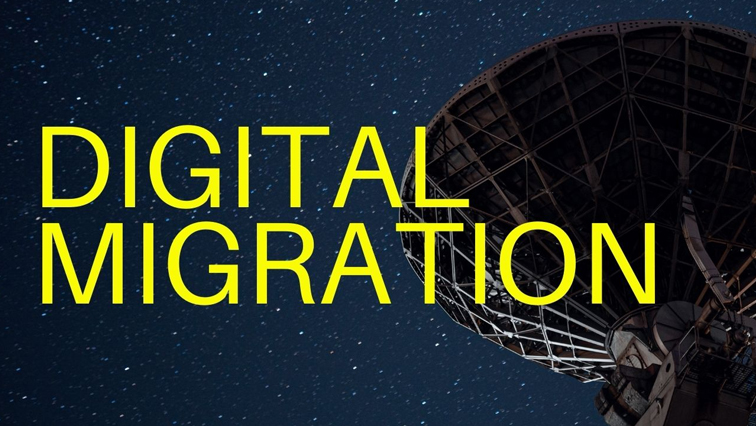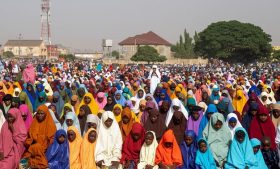On March 31, 2022, the South African government will finally switch off the analogue signal, which transmits TV audio and video images to households across the country.
In his State of the Nation Address, President Cyril Ramaphonsa announced that the country will cease to broadcast analogue services in March. This is part of the government’s plan, and in line with international requirements for broadcasters to use digital terrestrial signals for transmission.
Government is subsidising the migration for poor households.
In 2006, South Africa agreed to the ITU Regional Agreement in Geneva that determined countries must migrate from Analogue Television to Digital TV by the 17th of June 2015.
In line with this agreement, the government developed its Broadcast Digital Migration Policy. It also agreed to provide access to set-top boxes to TV-owning households to assist with the analogue switch off.
What is Digital Migration?
COUNTRIES IN AFRICA WHO HAVE COMPLETED THE SWITCH?
Algeria, Cote d’Ivoire, eSwatini, Gabon, Gambia, Guinea-Bissau, Kenya, Lesotho, Malawi, Morocco, Mozambique, Rwanda, Somalia, Sudan, Uganda and Zambia. (according to the ITU).
Six countries have not started the process; Burundi, The Central African Republic, Comoros, Eritrea, Mauritania and Libya.






